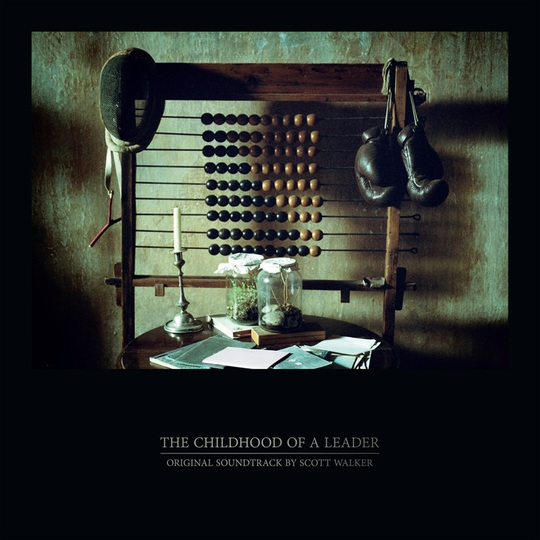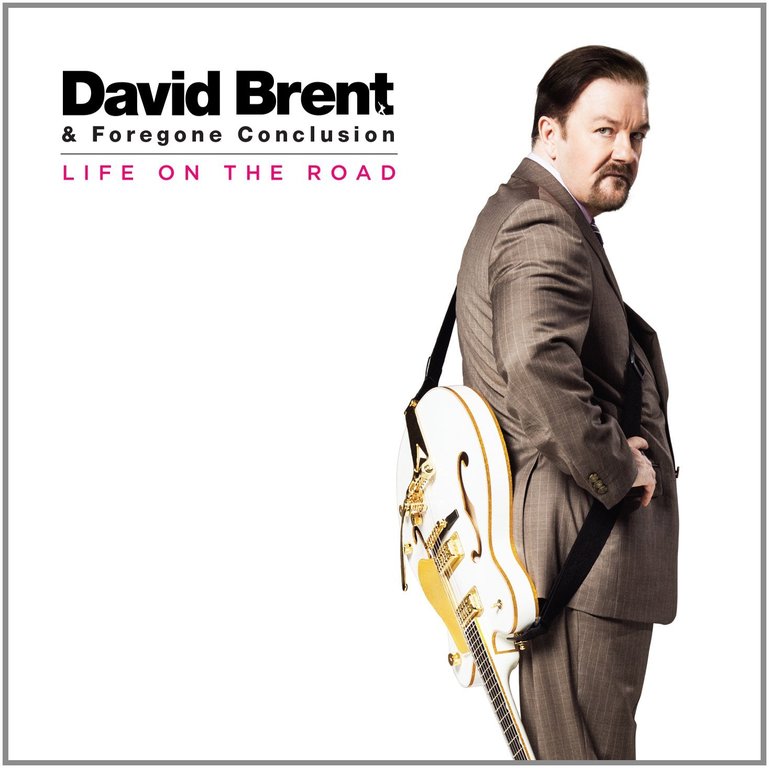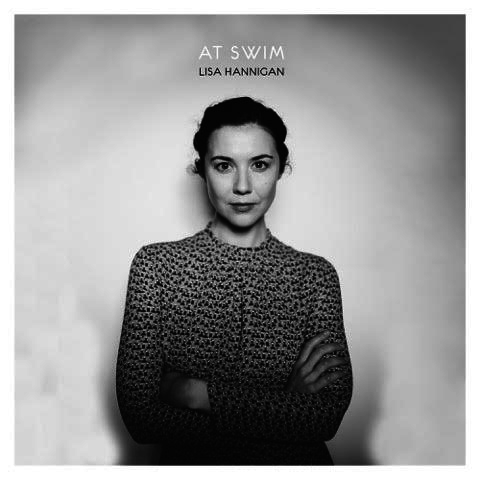His first solo work since 2012 Bish Bosch, Scott Walker's latest is his second foray into the world of soundtracks after 1999's Pola X. As with anything Walker has touched in the last few decades, there is a serious level of dread maintained from the very first 'Opening'. Even the preamble track of Walker's orchestra tuning, followed by the only voice heard on the entire OST – presumably Walker's own – has a creepy edge to it which never really lets up for this fair brief half an hour.
Listeners discovering The Childhood of a Leader OST without seeing Brady Corbet's extremely claustrophobic film about a young fascist sociopath in the making could be forgiven for thinking this soundtrack is for a horror film. While that isn't strictly formally true, the potential of horror the film suggests is enough reason for Walker's brooding, menacing soundtrack to be tightly relevant to the subject material. The short 'RUN' for instance is redolent of Walker's well-established use of strings, but here they sound altogether more unsettling.
At times The Childhood of a Leader OST feels like an even more skewed version of Bernard Hermann's classic Psycho or Vertigo scores. Walker's string assemble here, on tracks such as 'Third Tantrum' feels like the same stabs in the back that befell Janet Leigh's tragic heroine Marion Crane in that infamous scene. Meanwhile, the minimal electronics Walker has become more known for in his later work creep into 'Printing Press' reminding one of Mica Levi's exceptional work on the Under the Skin soundtrack.
These series of largely short pieces add to a dramatic picture and even if one hasn't seen the source material, the soundtrack does a good job of building the imagined idea of a constant threat to a character which in this instance is the listener. The oppressive mood of the piece never really lets up, meaning the music's genuinely chilling movements gives the listener a strong idea of the film's mood whether they have seen it or not. Early on the soundtrack's disturbing 'Dream Sequence' gives an account for a particularly harrowing scene and Walker does well to convey that. To that end, the soundtrack's very blunt track titles give an idea of the film's narrative to co-inside with the music's narrative.
Overall the overwhelmingly tense and close mood of the music does wonders for the film but doesn't necessarily make for a particularly pleasant listening experience in isolation. While it is certainly an admirable piece of soundtrack work, these mostly brief tracks out of context don't add up to a huge climax. That isn't to say the music can't be captivating at it's grandest moments, such as the 'Opening' and 'Finale' which come full circle with their violent violin stabs and restless tempos, but one gets the impression that only Scott Walker die-hards or fans of the film need apply here. It is an impressive work but sans context, it largely will pass a casual listener by as merely a moody and atmospheric soundtrack without much for them to sink their teeth into.
-
7Adam Turner-Heffer's Score






















